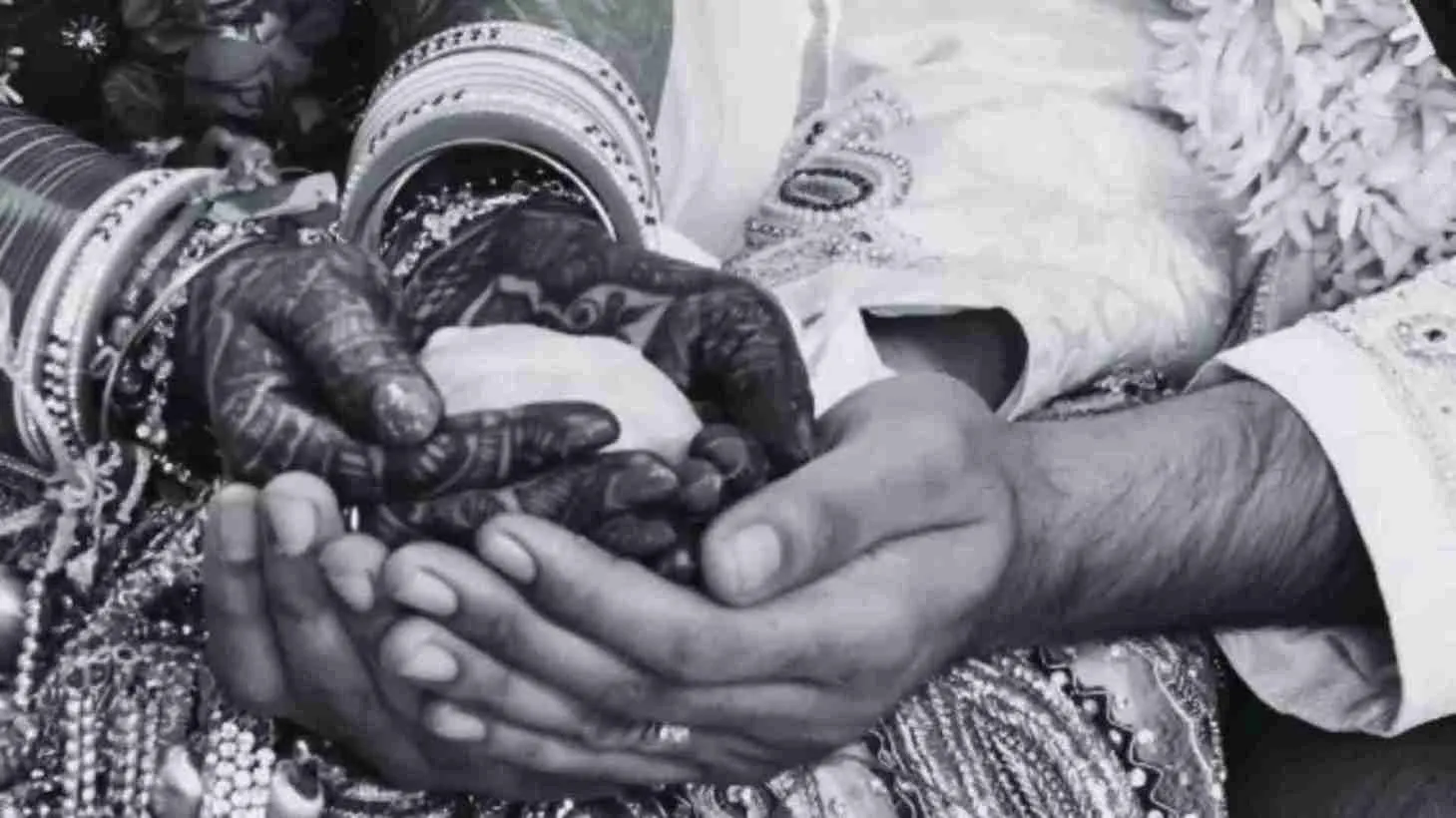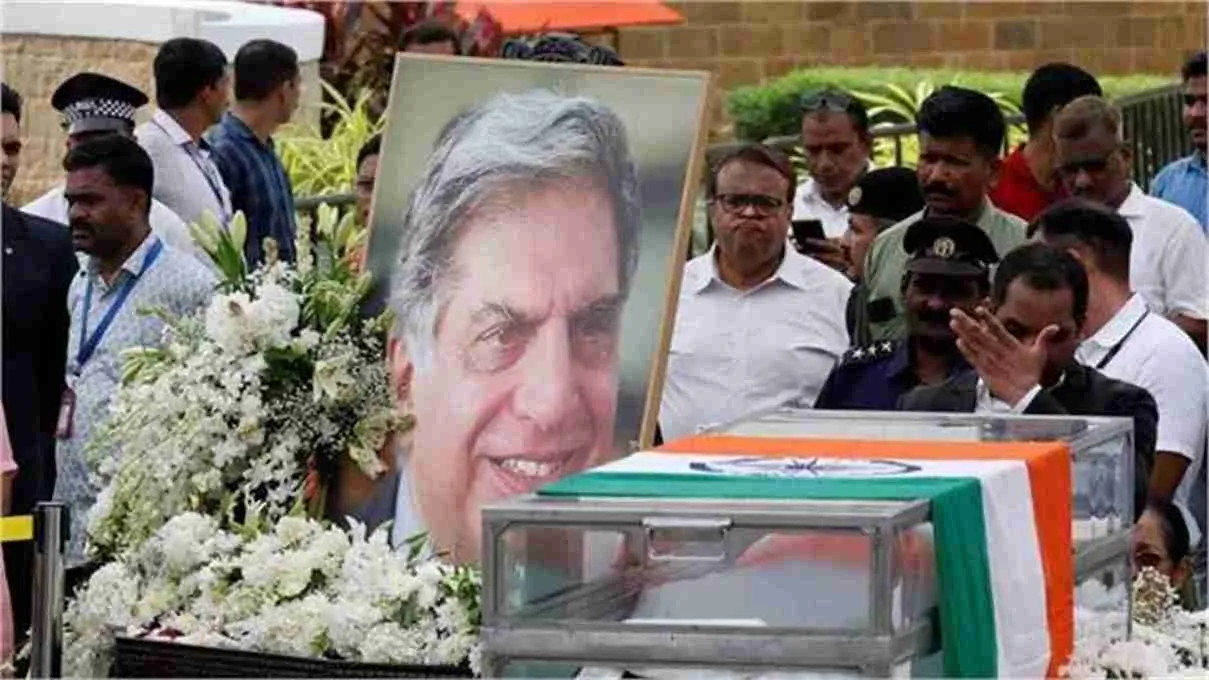A remarkable family story from a small village in Tanzania is making headlines after Mzee Ernesto Muinuchi Kapinga, known simply as Kapinga, has built a household that resembles a thriving village. Over the years, Kapinga has married 20 times—though four of his wives have since passed away or left—leaving him with 16 wives who live together harmoniously like sisters.
A Legacy of Multiple Marriages
Kapinga, who entered marriage for the first time in 1961, was encouraged by his father to expand his family. In a traditional twist, his father offered financial support for dowries if he married more. Initially, his father financed five of these marriages, and subsequently, Kapinga independently arranged the rest. This practice laid the foundation for a family structure that is both unconventional and extensive.
A Village-Like Household
Today, Kapinga’s household is a bustling community comprising 16 wives, 104 children, and 144 grandchildren. Each wife has her own separate living quarters within the larger compound, yet they share common responsibilities like cooking, farming, and other daily chores. The arrangement resembles a close-knit village, where cooperation is key and familial bonds run deep. Remarkably, seven of the wives are biological sisters who joined the family due to Kapinga’s esteemed reputation.
Celebrating a Unique System
Residents describe Kapinga’s household as a system that functions seamlessly, with every member playing a part in maintaining the community. The home is often compared to a festive fair, bustling with activity and united by shared values and traditions. The story of Kapinga’s large family has captured the imagination of people worldwide, as it challenges conventional norms about marriage and family life.
Kapinga’s life and his expansive, cooperative family stand as a testament to the diverse ways in which relationships and households can be structured. As his story circulates internationally, it offers a fascinating glimpse into a unique cultural tradition where multiple marriages and large extended families are not only accepted but celebrated.









